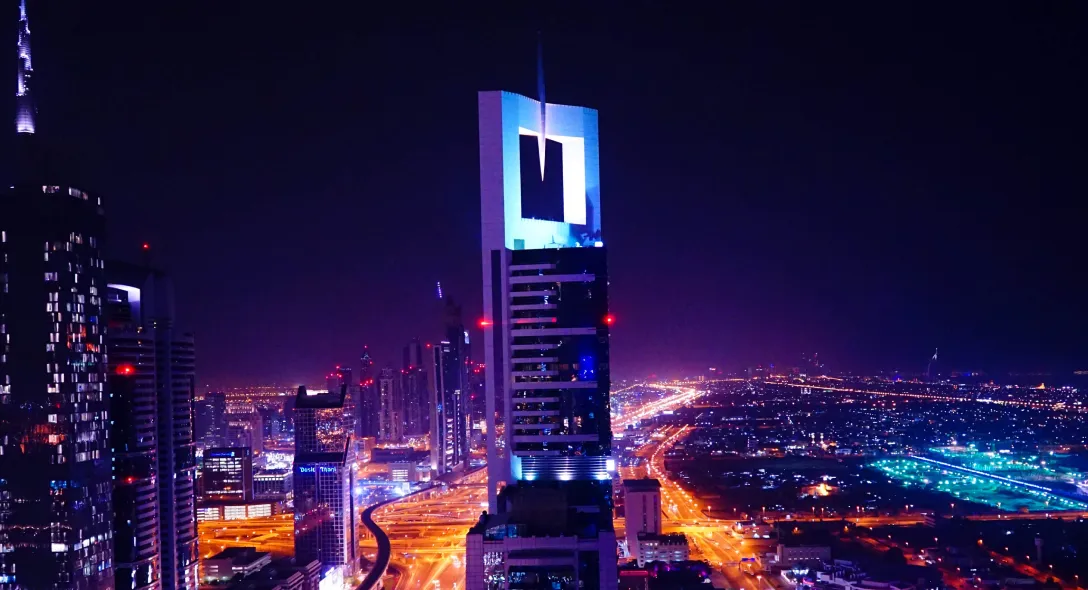With Dubai adopting the “Smart Dubai 2021”, a roadmap to making it seamless, efficient, safe, and personalized smart city to embrace the future as the happiest city, Robotic Process Automation (RPA)‘s landing time in the global market could never be more perfect!
The emirate of Dubai has witnessed a strong economic progression over the last 50 years, from pre-industrial and industrial to post-industrial phase. With the diversification of its economy into diverse sectors, to reduce its dependence on dwindling supplies of oil, digital transformation is the need of the hour.
The scope of RPA in digital transformation in Dubai includes but is not limited to the following.
Food and agriculture:
Reflecting the UAE’s strategic position as an international halal food trading center, Dubai is targeting the worldwide halal food & lifestyle market - forecasted to reach US$3.7 trillion by 2019.
RPA can transform the agribusiness by reducing the stakeholders’ production, management overheads, and operating costs with increased efficiency, and help in farm management to plan and predict outcomes, analyze pricing, monitor inventory, and reduce accounting errors. It can also help traders with prompt verification of crops and analyze agricultural market and trade.
Real Estate and construction:
With Dubai being a magnet for property investors, 41,776 property sales transactions took place in 2016, representing a value of 103 billion DHS based on the Dubai Land Department (DLD data). Another 15,000 new mortgages were created, totaling 128 billion DHS.
In the real estate sector, RPA helps perform repetitive tasks such as High-volume IT support, workflows, remote infrastructure, and back-office processes and helps in property management.
Green economy:
The Dubai Clean Energy Strategy 2050 aims to transform the emirate into a green economy hub. As against animating robots imitating human labor, RPA bots humanize work.
Most of the products in the energy and utility industry are dependent on predictive analysis on demand and supply management of storage and release of energy over the grid. Using historical data, predictive analysis, and data analysis techniques, the error rate is significantly reduced.
Tourism:
In 2018, Travel and Tourism contributed to AED 164.7 billion to the country’s economy, according to the World Travel and Tourism Council. The sector represents 11.1 percent of the UAE’s total economy, which means one in every nine Dirhams is now generated by Travel and Tourism.
RPA can transform along the dimensions of business infrastructure, customer experience, cost, and process and operations management. Intelligent automation with RPA and Artificial Intelligence (AI) can streamline the operations of travel agencies, customers with increased regulatory compliances.
Healthcare and Pharmaceutical industry:
From 2012 to 2016 the number of medical tourists who visited Dubai for treatment grew from 107,000 to 326,000 and revenues increased from $177 million to $381.1 million, according to Dubai corporation of Tourism & commerce marketing. Medical tourism has a forecasted GDP contribution of $708 million by 2020, with 13 percent predicted year-on-year revenue growth, according to the Dubai Health Authority.
Among many best-in-class hospitals and clinics, Dubai is also home to the world’s largest medical free zone, Dubai Healthcare City (DHCC). Automation makes population health management feasible, scalable, and sustainable.
RPA can also transform the banking, insurance, aviation, and logistics, investments and trade sectors.
Subscribe to our newsletter
Get the latest updates from our team delivered directly to your inbox.
Related Posts
3 Genius ways to use RPA in your organization
RPA can help your organization handle data 10x times better. Read to explore the different ways.
9 Key Business Benefits of RPA
RPA, the next evolution of business operations provides huge benefits to enterprises by automating their manual and repetitive tasks, enabling humans to work on creative and logical tasks
A Guide to Extracting Multiple Tables from Web Page with UiPath
Data scraping is transforming the world with its applications. Digital businesses, Marketing and researchers are highly benefited by data scarping. Here is how to extract multiple tables from single webpage using Uipath.
